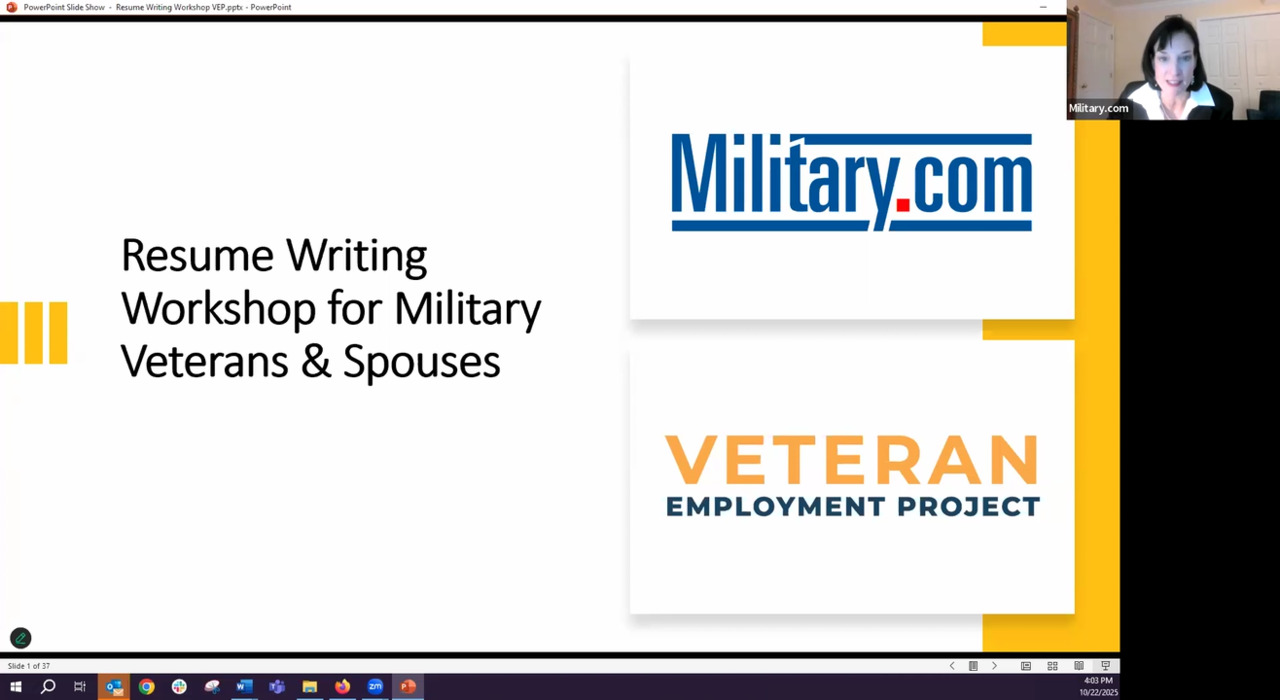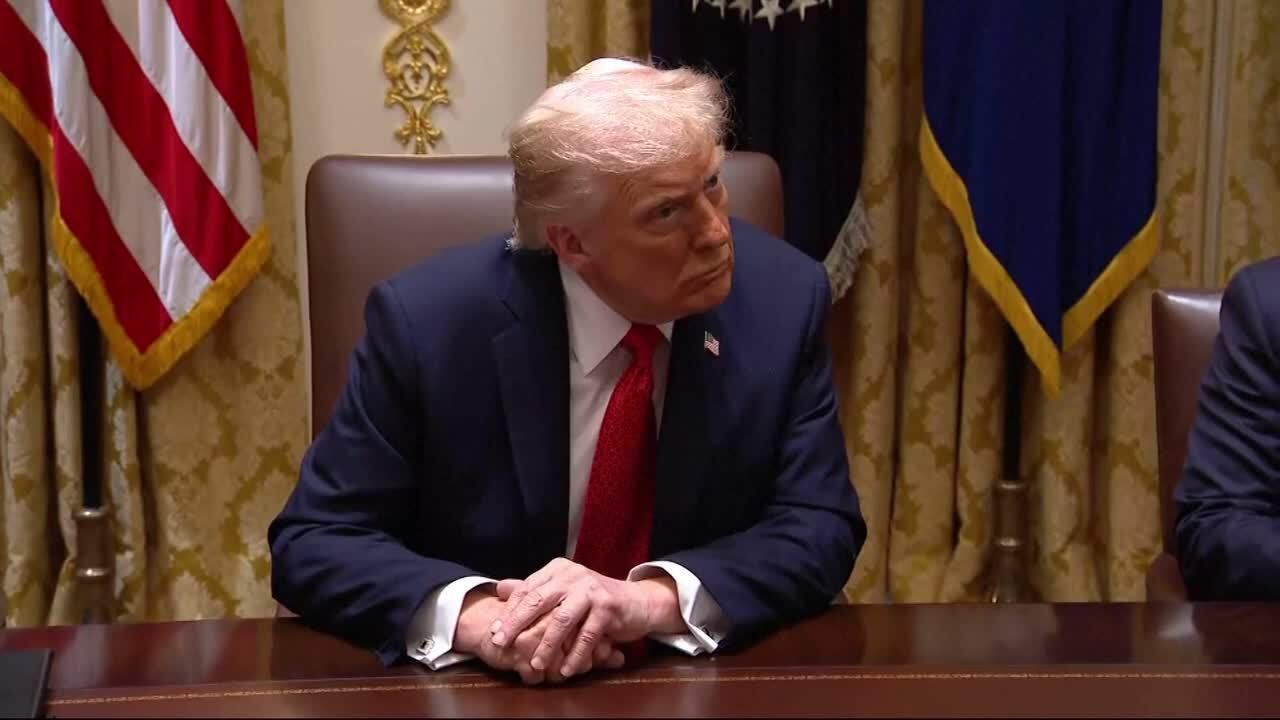Video games are entertainment products, but they come from thousands of years of simulations used in training, originally composed of stones on tables or math on paper. As the military trainers got better and better, they became enticing entertainment products, such as chess. Chess can actually be traced to India where it was known as Chaturanga, literally meaning “the four divisions of the military.”
Now the industry for military games dwarfs the ones for military simulators, with players spending $400 million on “Call of Duty: Modern Warfare III” last year in just the first 24 hours it was on sale. In fact, so much money and development go into games that the U.S. military sometimes scoops games out of the public sphere to use as trainers. Here are six times they did just that.
1. “Marine Doom”

The Marine Corps version of “Doom II” started with an order from then-Commandant of the Marine Corps Gen. Charles C. Krulak to use video games as a way of practicing decision-making and other skills when live training was limited. A Marine team modified the game to use more realistic weapons, be harder and focus on four-player fire teams. Surprisingly little else of the game was changed. And a passionate community has kept the game online since it leaked in 1996, so you can still download and play it today.
2. “Starcraft”
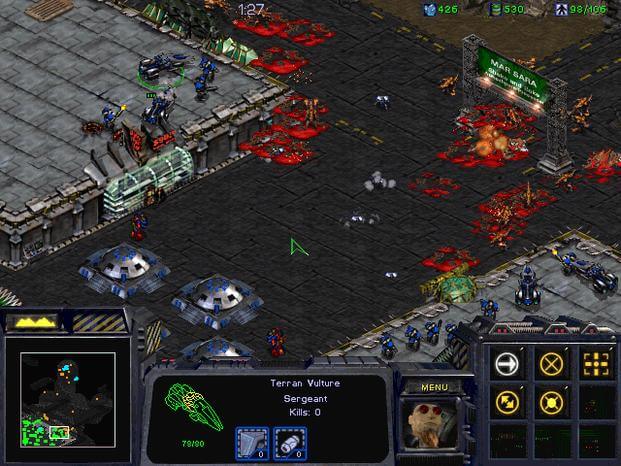
The Air Force modified “Starcraft,” one of the world’s most popular real-time strategy games, for its Air University. Students in groups called “flights” played against each other in the game with real Air Force planes and equipment swapped in for the alien races of the actual game. Word on the streets was to go for the other team’s C-5 while protecting your own. The team that lost its C-5 first almost always lost.
3. Arma (But Retooled to “Virtual Battlespace”)
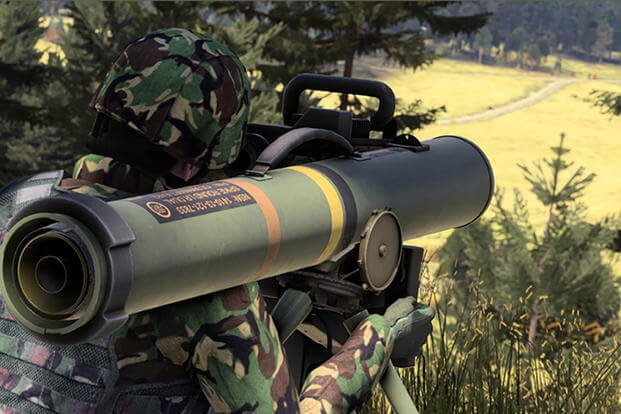
This one is legitimately a simulator now but was originally based on the “Arma” series of video games. “Arma III” is so good that Russia has attempted to pass off videos from the games as real footage, and the “VBS” series of software is a gold standard of military simulators. The Army uses it extensively through “Engagement Skills Trainers,” or “EST ranges.” Originally known as “Virtual Battlespace,” the software firm Bohemia Interactive Simulations now refers to it as “VBS.” “VBS4” is the most current version, and elements of it are incorporated into the Army’s newest trainers. You can still see the resemblance to Arma.
4. “Full Spectrum Warrior”
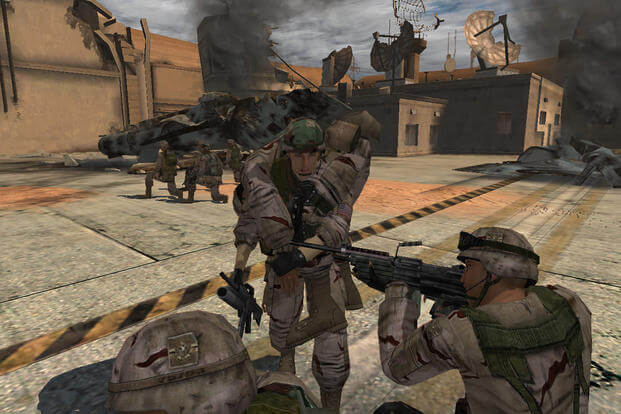
“Full Spectrum Warrior” was a rare game that started as both a military trainer and a video game. The Army developed the game alongside THQ Nordic, a popular video-game studio. The public-release version of the game was an entertainment product, but it actually included the trainer inside of it, accessible via a code.
As the Army put it in a “train-the-trainer” packet:
Full Spectrum Warrior (FSW), built for use with Microsoft's X-Box game console system, was developed to provide Infantry squad leaders with the opportunity to practice making tactical decisions and executing the troop-leading procedures that are required for urban operations.
5. Duck Hunt
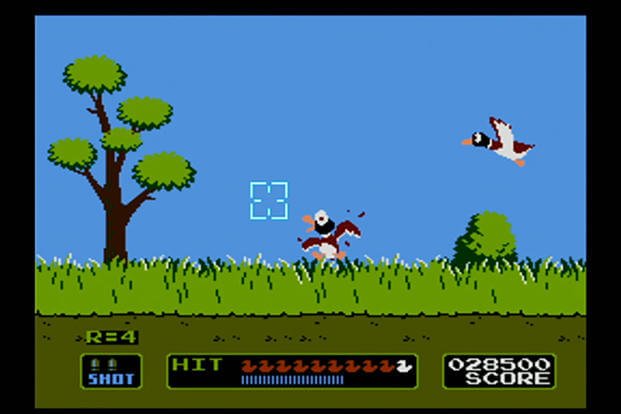
Believe it or not, the Nintendo Entertainment System’s game “Duck Hunt” had a long career as a marksmanship trainer, but in very limited numbers. This author actually got assigned to train on the game after a particularly bad day at the range, thanks to an armorer’s mistake (which I will die mad about; my M4 iron sights were mounted incorrectly, and I was too green to know).
Unlike “Doom” and some of the other games on this list, though, the “Multipurpose Arcade Combat Simulator” was quite heavily modified. Gone were all the moving ducks and the laughing dog. Instead, the software allowed troops to practice zeroing an M16 and conducting marksmanship tests on paper or pop-up targets. Some of the Super Nintendo cartridges have survived, but collectors report that the M16 light guns necessary to use them are essentially lost to history.
6. “World of Tanks”
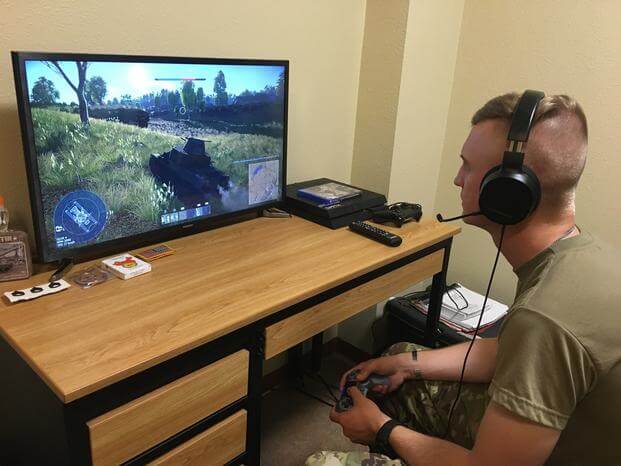
During the early days of the coronavirus pandemic, military units had to pivot quickly to training however they could while learning about the disease and maintaining social distancing. That meant that custom-made trainers meant to be experienced as a team, like most official military simulators, were out.
So one group of tankers with the 1st Cavalry Division literally hopped into the live service game “World of Tanks.” Like, a bunch of video-game players were unknowingly stacked up against actual tankers playing as a team. That was obviously less than ideal for training, since the game didn’t have modern tanks until a year later, in 2021.
Still, participants said they learned a lot, in part because a single player controls all aspects of the tank. So gunners saw how drivers had to move across the environment, drivers saw how hard it was to line up on the move, etc.
So the next time you get iced in a video game, just console yourself that the person on the other end is probably a professional. It’s not your fault.
Keep Up With the Best in Military Entertainment
Whether you're looking for news and entertainment, thinking of joining the military or keeping up with military life and benefits, Military.com has you covered. Subscribe to the Military.com newsletter to have military news, updates and resources delivered straight to your inbox.








